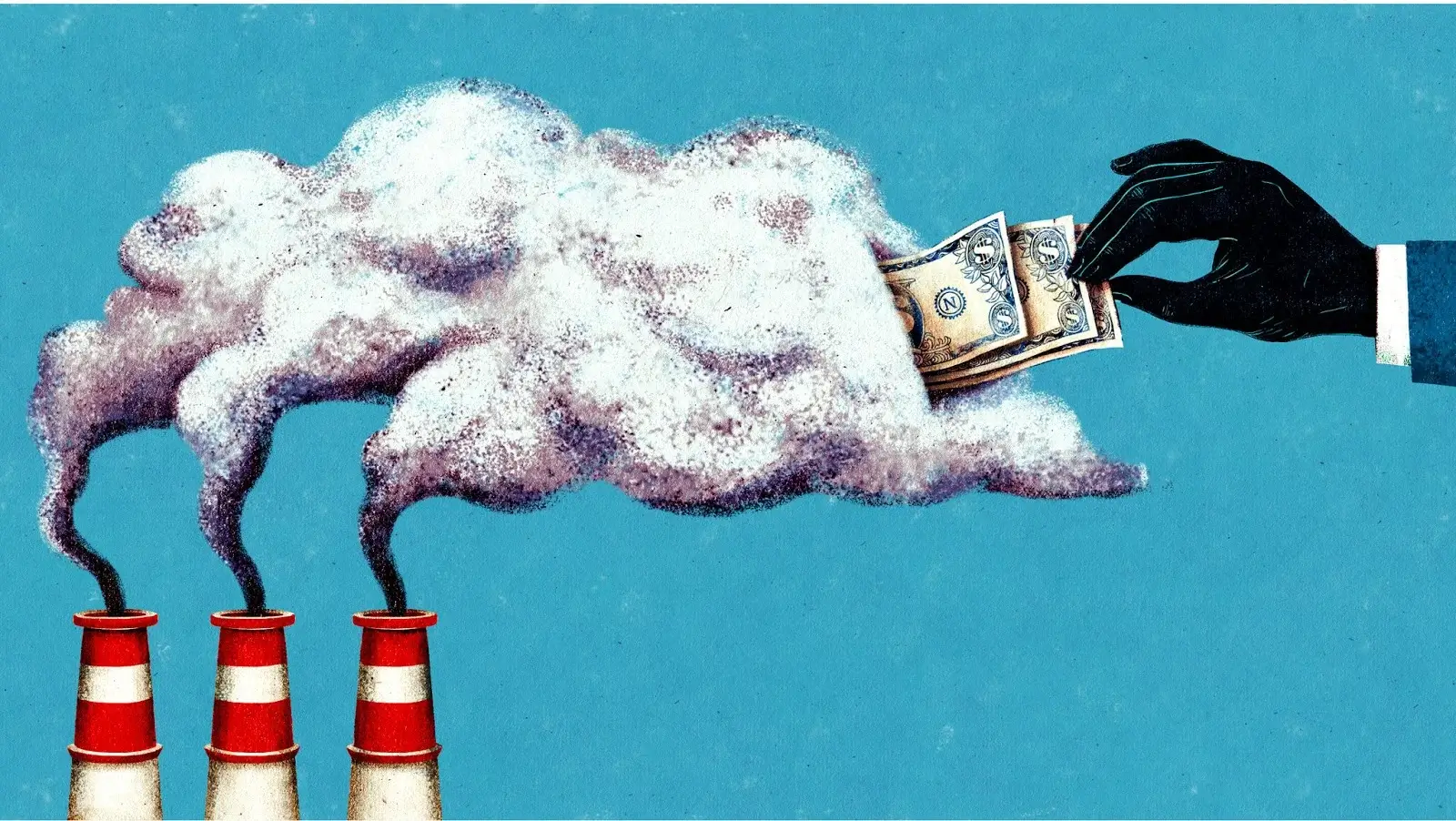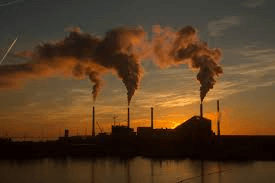Canada sets a global example

Spending your tax money responsibly and without protest
the global eyeson…project
Amsterdam, August 4, 2024–Those who desperately reach for their heads and wallets or sometimes for violence at the mere thought of more expensive fuel would do well to delve into the ‘Canada Carbon Rebate’. Beautiful and exemplary, how these Canadians solve their problems in an original and peaceful way. The money that Canadians spend on more expensive fuel for their cars and other transport and heating is returned to the population in the simplest and most possible way.Just like in some countries in Europe, such as Norway and the Netherlands, it is the highest incomes that drive the most kilometers with the heaviest cars, who fly more often and further and, thanks to their large houses, have a significantly higher energy bill on average. That minority feels a CO2 tax in their wallets. Which is exactly the intention, because that is the only way people change their consumption patterns. Everyone else receives free money. There you have the surprisingly simple recipe for the current impasse in climate policy.
It’s party time again this month on the bank accounts of millions of Canadians. Depending on where and with how many people they live, they will soon receive several hundred euros. A bonus. From the government. Because they have so convincingly and without protest contributed to the CO2 levy. Wait a minute: first having to cough up a climate tax, only to then be fobbed off with a climate bonus? It sounds like a cigar from your own box. But anyone who reaches for their yellow vest at the mere idea of more expensive fuel would do well to delve into the ‘Canada Carbon Rebate’.

The money that Canadians spend on this does not flow into the treasury. It is returned to the population in the simplest possible way. Citizens in rural areas receive an extra twenty percent. Rightly so, because they have more difficulty cutting back on their car use. The surprising result is that, for the time being, four out of five Canadians earn money from the climate tax. Just like in Europe, it is the highest incomes that drive the most kilometres in the heaviest cars, that fly more often and further and that, thanks to their large houses, have a higher energy bill on average. That minority feels a CO2 tax in their wallets. And that is exactly the intention, because that is the only way people change their consumption patterns. Everyone else receives free money. Climate policy has never sounded so much fun. That is important, because 2023 was the warmest year ever recorded in human history. By far the best weapon against this slow-motion disaster is a CO2 tax. That makes the real costs of fossil fuels visible in the price tag. As a result, companies produce more sustainably and households look for cheaper, clean alternatives.
The good news comes from the World Bank. Almost a quarter of global emissions are now priced. Not only Western countries are doing it, China, Brazil and Turkey are also getting moving. The bad news is that the price, also in Canada, is still far too low. Governments prefer to sprinkle subsidies. Think of the Teslas in the Dutch streets, partly financed by the taxpayer, of green hydrogen and the capture of CO2. Unfortunately, subsidies are a very blunt instrument. They drive up the national debt and increase inequality, because it is usually the rich who know the rules best. With a bit of bad luck, politicians also bet on the wrong horse. Money gone. Yet we continue. Because where the alternative is a no-brainer for economists, politicians see it as electoral suicide.
Pricing the emissions of heavy industry, as is done in Europe, is still possible. But propose a meat tax or introduce road pricing, and a popular uprising seems guaranteed.
The problem, two senior officials from the Ministry of Finance explain in the economics journal ESB, is that ‘the costs of more ambitious and balanced climate policy, such as through higher prices, are felt immediately, while the benefits in the form of preventing serious climate risks only manifest themselves later and are more abstract’. A climate bonus à la Canada can turn that logic around. Yes, a carbon tax makes driving a car more expensive. Just like flying and heating your home. However, due to the colossal CO2 footprint of the very richest, most Dutch people will more than earn back those extra costs. Not only in the distant future, in the form of a planet where it is good to live, but here and now. Thanks to the resounding euros that flow into our bank accounts. That is the surprisingly simple recipe for the current impasse in climate policy.

Dirt cheap, and therefore healthy for the treasury, music to the ears. It contributes to security of existence due to its levelling character. It also puts an end to the atmosphere of hatred and envy in these countries, because as soon as the neighbors pay a fair price for their flight vacation to Bali or Timbuktu, the cash register rings at those who stay at home. And most importantly: such an annual National Climate Gift should and could provide the European climate policy with the much-needed peace, stability and predictability. This measure increases the purchasing power of a majority of the people.
Very few politicians would dare to take such a benefit away from their supporters, with elections in sight. An idea for the development of Suriname and other struggling countries?
the global eyeson…project









